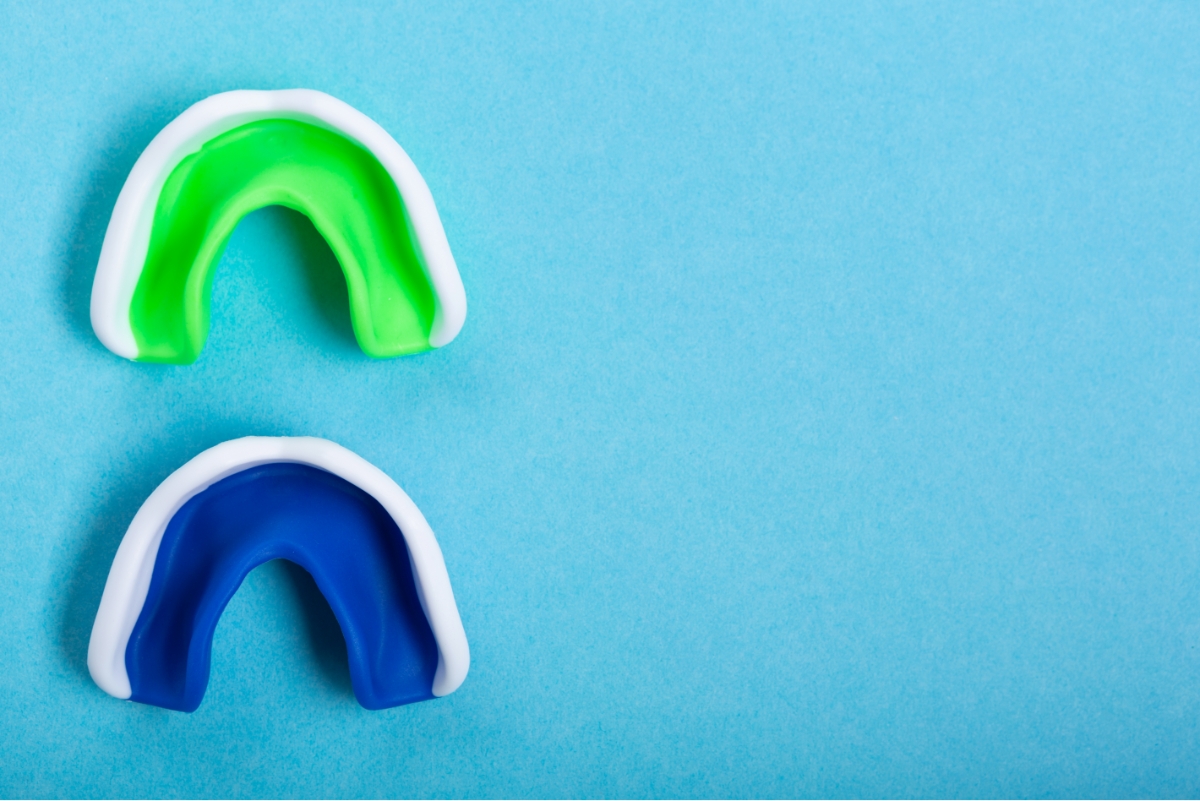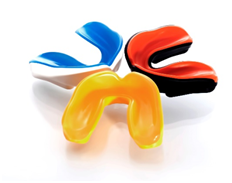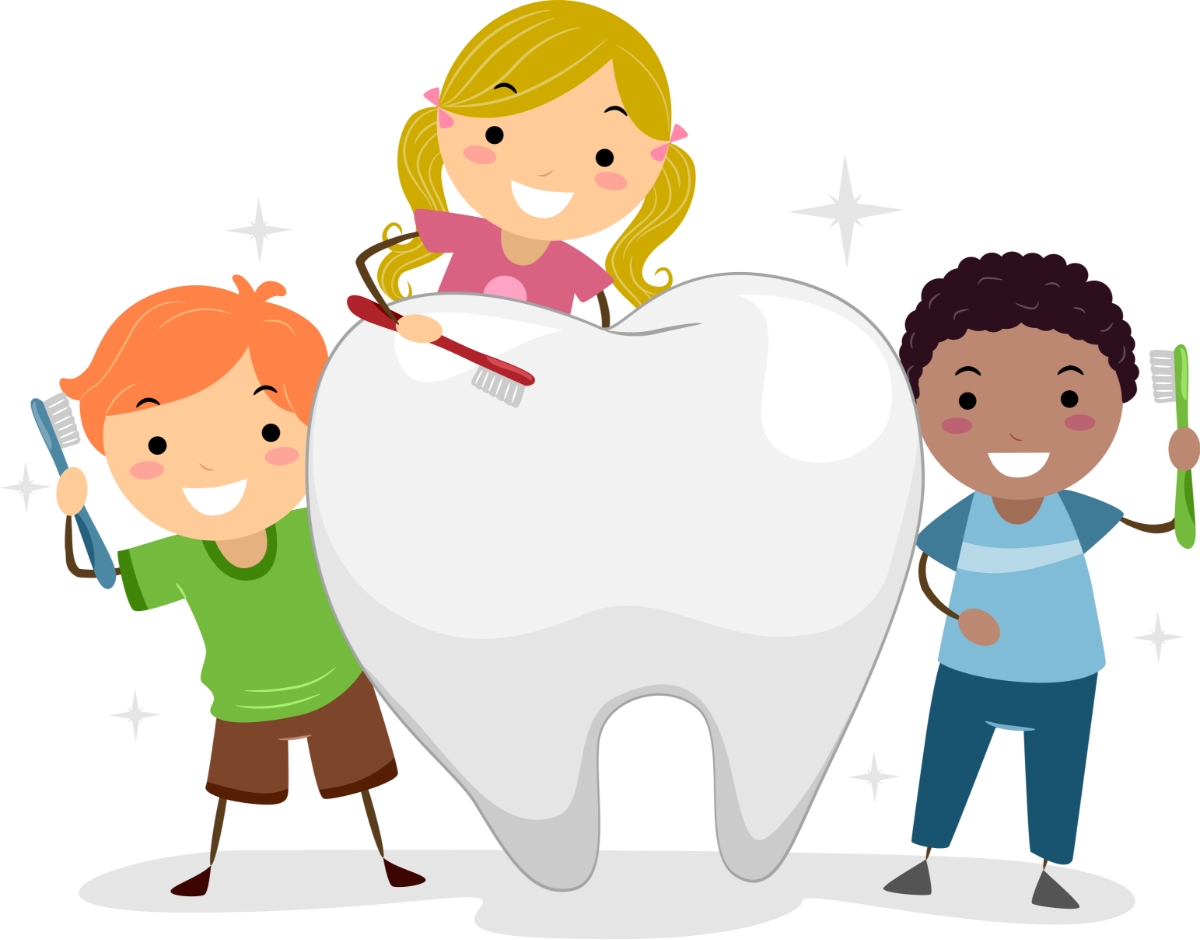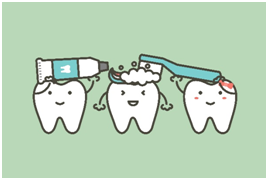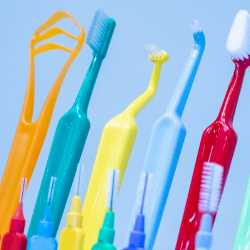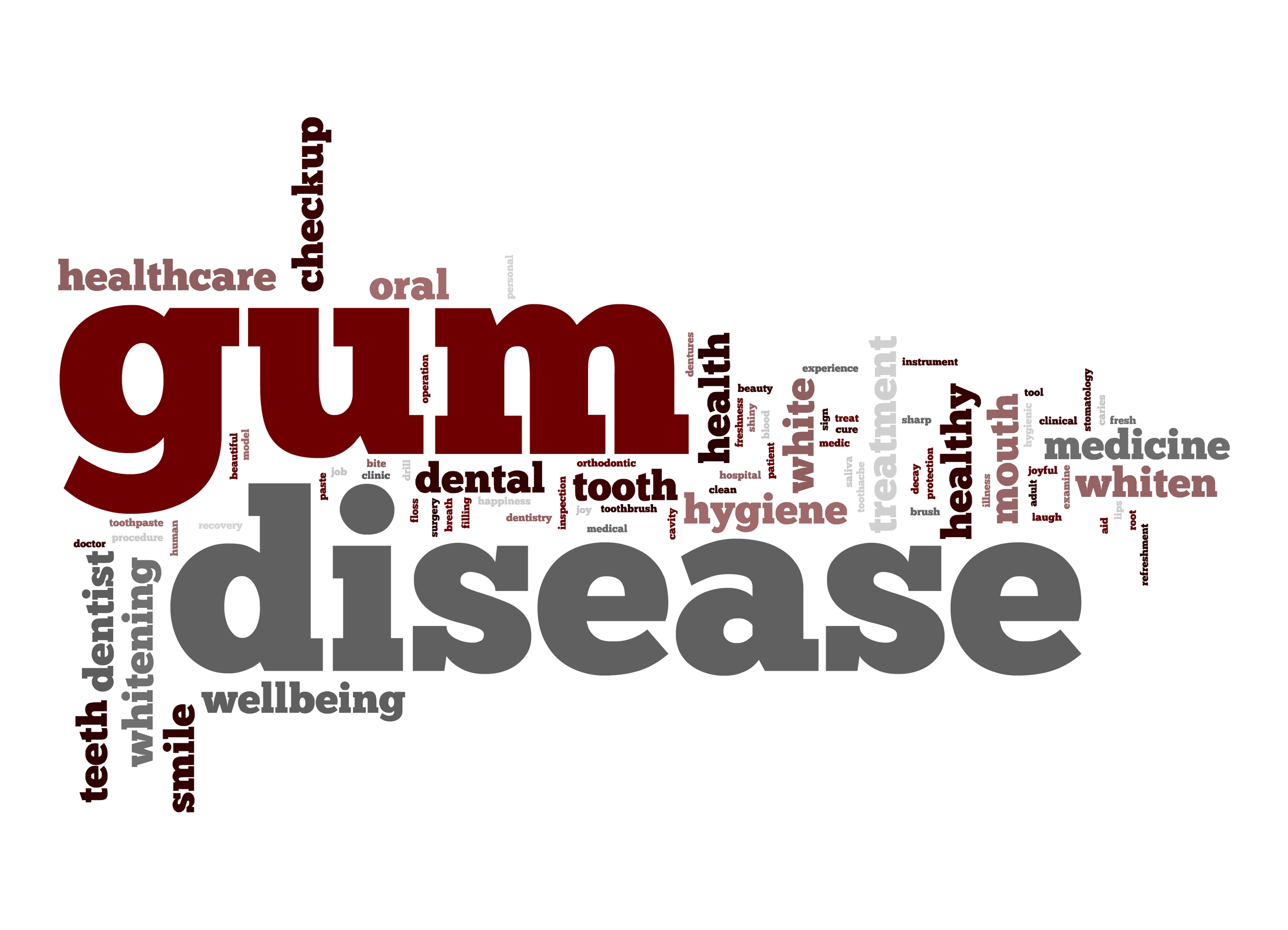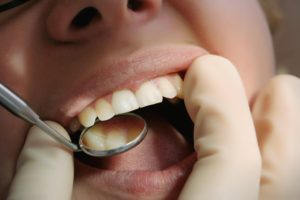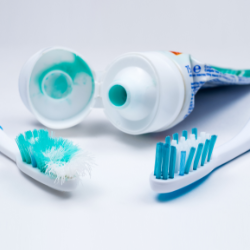Do you or your children participate in sports? Then read on. As an athlete or a parent, you’ve probably heard about mouth guards, the flexible piece of plastic you can wear over your teeth. Mouthguards are not required for every sport, so it can be easy to forget about it or let it slide, but it is estimated that over 3 million teeth are knocked out every year in kids’ sports! Mouth guards significantly minimize the risk of sports injuries to the mouth and jaw and while it is obvious that a mouth guard is beneficial during collision and contact sports, you may not be aware of the benefits of wearing a mouth guard for other sports to. Basically, for any sport where there is a risk of face contact with other people or surfaces, a mouth guard can reduce the risk of suffering a dental injury.
So, although mouth guards may not be the coolest thing to wear, there are three big benefits that may quickly change your mind.
1. Protect your teeth
Without a mouth guard, your teeth are more likely to be chipped, broken teeth or even get knocked out (tooth loss). Saving you money in the long run, by reducing the risk of needing root canals, dental crowns, bridges, dental implants and splinting or TMJ treatments.
2. Protect your face and mouth
A mouth guard can prevent bruising and cuts to the lip, tongue, or face. This is especially important for anyone with a fixed orthodontic appliance.
3. Protect against other serious injuries
This includes root, bone damage and jaw fractures. Mouth guards can help avoid a situation where the lower jaw jams into the upper jaw. Also, mouth guards may reduce the severity of concussions by acting as a buffer to a blow.
For more information about protecting your teeth during sports or athletic activities, talk to your Maidstone Dental & Implant Centre dentist at your next appointment. They will be able to help you select the most effective protection for your specific needs. Call today on 01622 682 029 to book your appointment.



